40.50
36.45
$
45.00 $
Free delivery Wolrdwidе in 10-18 days
Ships in 3-5 days from New Delhi
Membership for 1 Year $35.00
Get it now and save 10%
Get it now and save 10%
BECOME A MEMBER
Products by the same artist

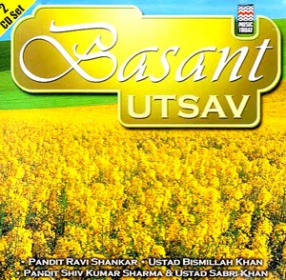
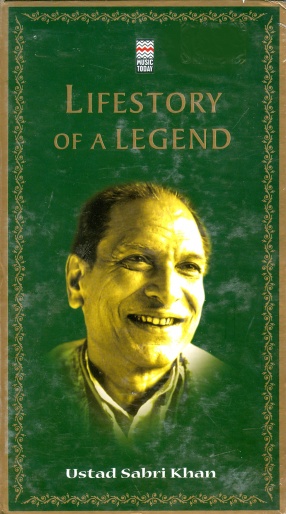
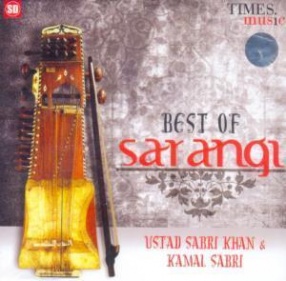
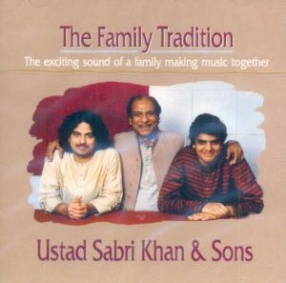
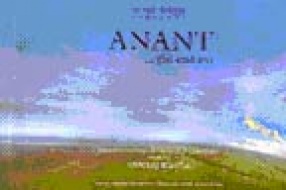

Bibliographic information